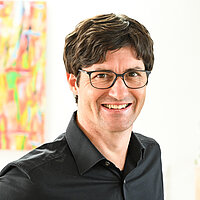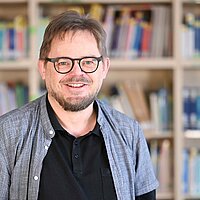
Description
The QuaMath program is designed to run for ten years and is divided into two phases. In Phase 1 (2023-28), structures will be established, the first versions of the training and qualification modules will be developed and researched, the multipliers for the first modules will be qualified, and the first cohorts of teachers and schools will be trained and supported. In Phase 2 (2028-33), the structures will be optimized, the training and qualification modules will be further developed according to the research findings obtained, and they will be enriched and researched with additional innovative formats and concepts.
In addition, the facilitators will be qualified for further modules and the QuaMath program will be substantially expanded by training and advising further cohorts of teachers, multipliers, and schools.
Phase 1 focuses on development and local impact research. Phase 2, in particular, enables efficacy studies across multiple modules.
Central to this effort is the development of a coherent, subject-based, research-based, and practice-based conceptual framework for advancing instructional quality with respect to common objectives (What is to be learned?) and five common quality characteristics of mathematics instruction (How should be learned?).
The following teaching quality characteristics emerge as critical:
- Cognitive Activation,
- Focusing comprehension,
- Continuity (in the sense of the spiral curriculum),
- Learner orientation and adaptivity (e.g. through language education and differentiation) as well as
- Communication Facilitation.
For more information about the project, please visit the website www.quamath.dzlm.de.
KeBU members involved

Prof. Dr. Lars Holzäpfel (Principal investigators)
Faculty of Mathematics, Natural Sciences and Technology, Institute for Mathematical Education
University of Education Freiburg

Prof. Dr. Timo Leuders (responsible for the module)
Faculty of Mathematics, Science and Technology, Institute for Mathematical Education
University of Education Freiburg


